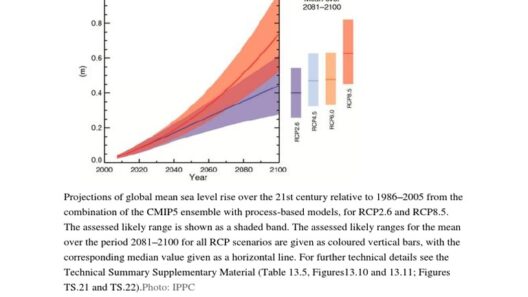In the vast landscape of literature, book titles serve as the threshold between the reader’s mind and the narrative’s core. They act as beacons, capturing attention and promising shifts in perspective that are crucial for piquing curiosity. This essay delves into the significance of broader and more intriguing titles, exploring how they invite readers to consider new paradigms and embrace diverse narratives.
The essence of a title extends beyond mere identification. It encapsulates the thematic essence of the work while simultaneously harboring the potential to provoke thought. An appropriately crafted title resonates with the audience, stirring an innate desire to explore uncharted realms of knowledge. When titles evoke a sense of mystery or challenge conventional beliefs, they compel readers to engage with the text on a deeper level. For instance, consider a title like “The Paradox of Choice.” Such a title does not merely suggest a discussion about decision-making; it invites readers to confront the complexities and psychological underpinnings of their choices, thereby expanding their understanding of autonomy.
Moreover, broader titles often encompass multi-faceted themes that transcend simplistic categorizations. By providing a wider lens, they foster an environment conducive to critical analysis and reflection. Titles such as “Beyond the Horizon: Exploring the Human Condition” exemplify this phenomenon. They imply a journey into the depths of existential inquiry, inviting readers to reflect upon their own experiences while simultaneously broadening their comprehension of humanity at large. Herein lies the power of evocative language; the title itself acts as an invitation to embark on an intellectual expedition.
Intriguing titles do more than merely attract attention; they also evoke emotions. Emotions are a powerful catalyst for reading engagement. A title like “Eclipsed: The Vanishing of Natural Spaces” not only captures the harrowing reality of environmental degradation but also stirs feelings of urgency and concern. Readers become emotionally invested, and this investment can significantly enhance their open-mindedness as they traverse the pages that follow. The connection between curiosity and emotional resonance is profound; when readers feel, they are more likely to absorb and contemplate new ideas and insights.
The art of titling is intricately linked to genre and audience. Different genres attract diverse readerships, each with unique expectations. In the realm of science fiction, for instance, titles like “The Unveiling of Beyond” can spark imaginations by prompting questions about alternate realities and futuristic explorations. The reader knows they are entering a space defined by possibilities, where conventional rules of reality may not apply. This engaging framework cultivates curiosity and prepares the mind to embrace innovative concepts.
Furthermore, a broader title often necessitates an expansive narrative. It compels the author to explore complex issues, weaving intricate connections between seemingly disparate ideas. A title such as “Threads of Unity: Weaving Cultures and Identities” indicates that the narrative will traverse cultural boundaries, enriching readers’ understanding of global diversity. This exploration not only enhances engagement but also fosters empathy and cultural consciousness, critical attributes in today’s interconnected world.
However, it is crucial to balance intrigue with clarity. While mystery can be alluring, obscurity may deter potential readers. An enigmatic title should still convey a semblance of what lies ahead. Using precise yet captivating language is key; a title like “Echoes of Silence: The Untold Stories of War” effectively alludes to powerful narratives while retaining an air of intrigue. It tantalizes with implications of hidden truths, inviting readers to uncover layers of meaning while ensuring their expectations are met.
Titles can also serve as a microcosm of broader societal conversations. In contemporary literature, titles that engage with social justice issues have proliferated, as they resonate with a populace eager for dialogue and change. Titles such as “Rising Voices: Chronicles of Resistance” encapsulate the struggles and triumphs of marginalized communities. They speak to the inherent human desire for justice and accountability, inviting readers to reflect on their role within these narratives and the broader implications for society.
Furthermore, the influence of technology on titling practices cannot be overlooked. In the digital age, where social media and online platforms dominate, the language employed in titles may shift towards more provocative or sensationalistic tones in an effort to garner clicks or shares. This transformation highlights the essential balance between maintaining depth and achieving visibility in a crowded marketplace. A nuanced title like “The Shattered Glass: Reflections on Feminism in Modern Society” maintains gravitas while appealing to contemporary sensibilities, preserving the weight of the narrative while engaging a broad audience.
In conclusion, the realm of literature thrives on the power of broader and intriguing titles that promise transformative experiences. These titles not only act as gateways to narratives rich with insight but also cultivate curiosity and stimulate emotional engagement. By transcending traditional boundaries and embracing multifaceted themes, they prompt readers to explore complex concepts and connect with diverse perspectives. In an age seeking transformation, the art of titling remains an essential tool in inciting dialogue and facilitating understanding across the spectrum of human experience, ultimately shaping the narratives of our time.







